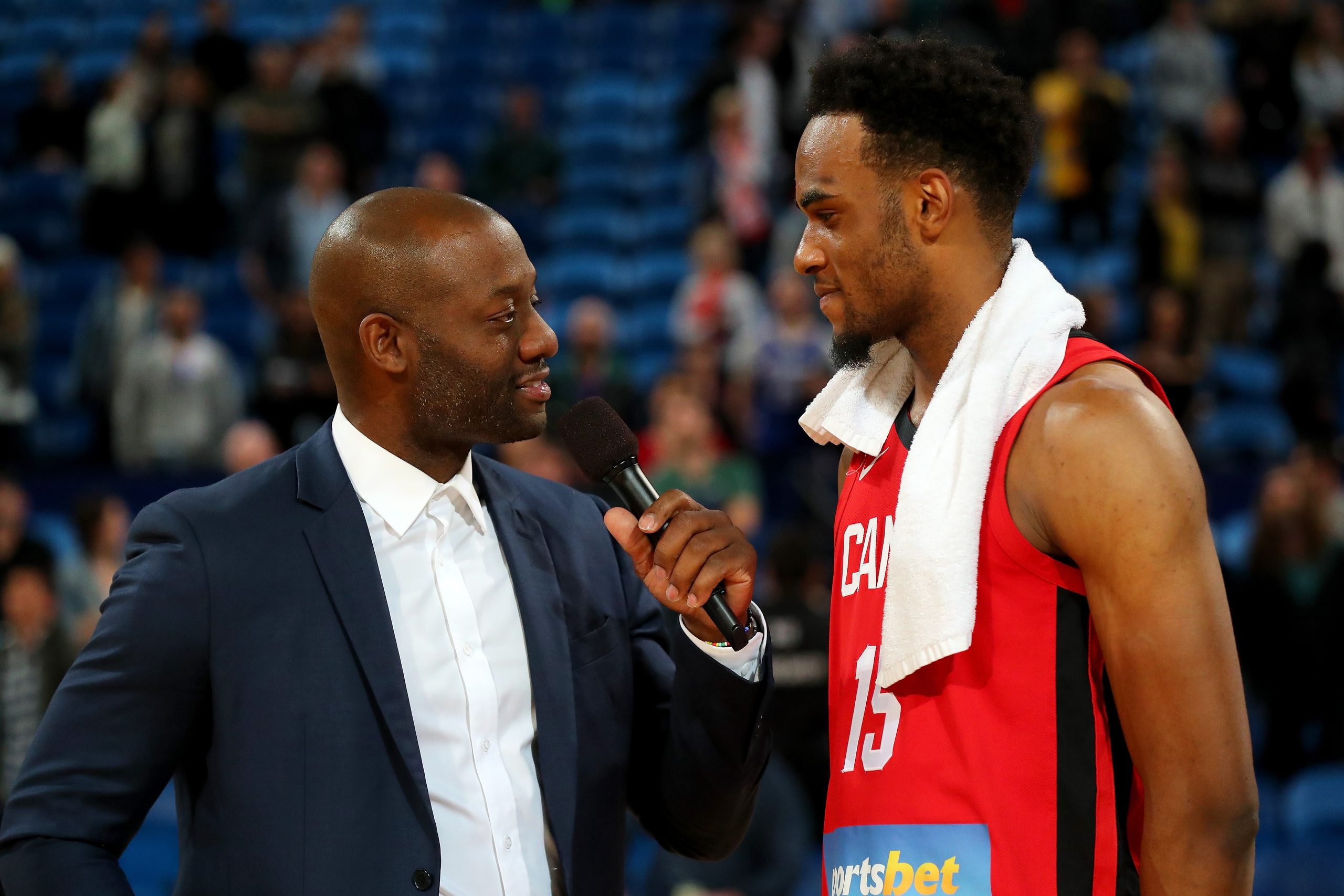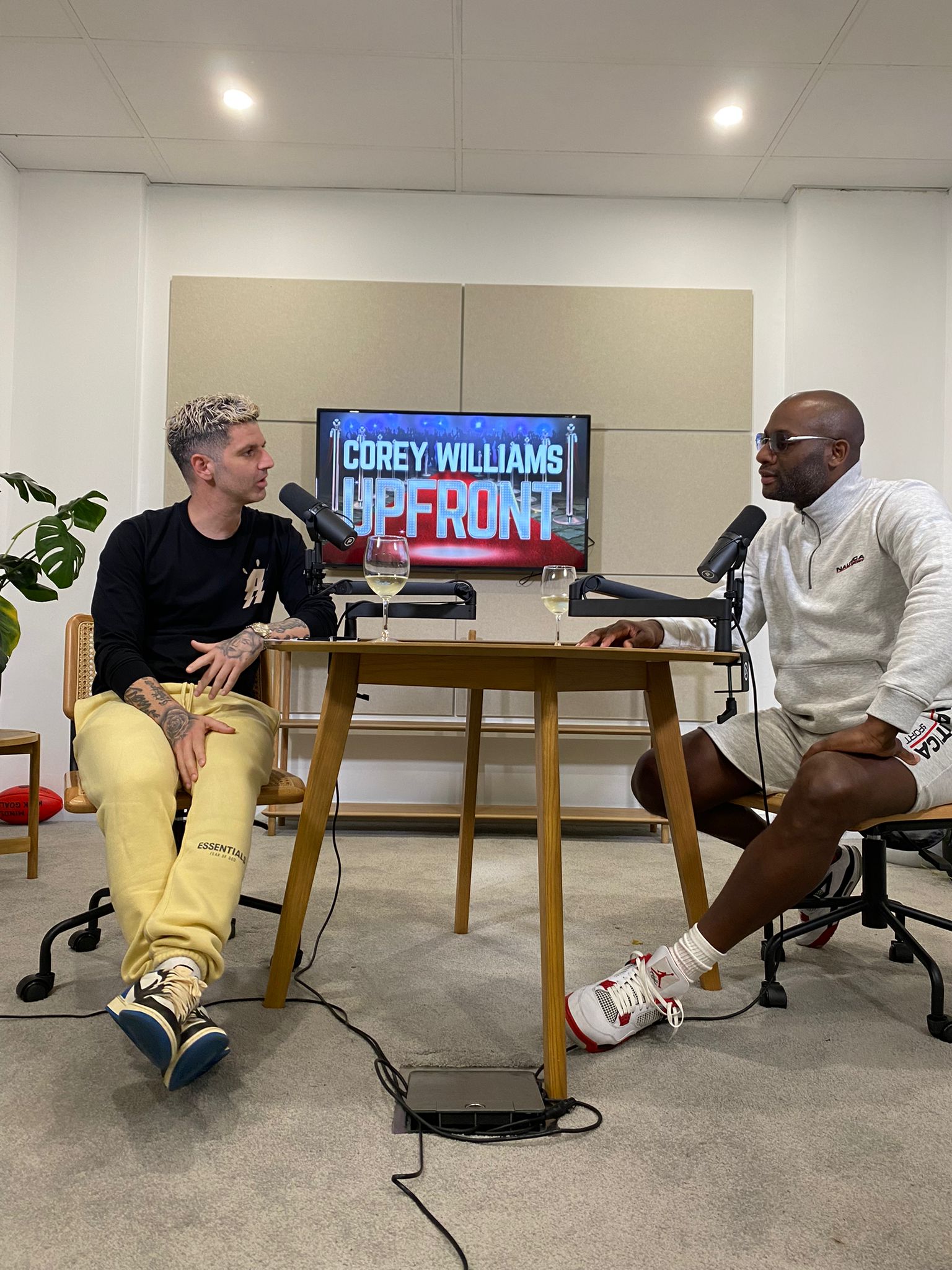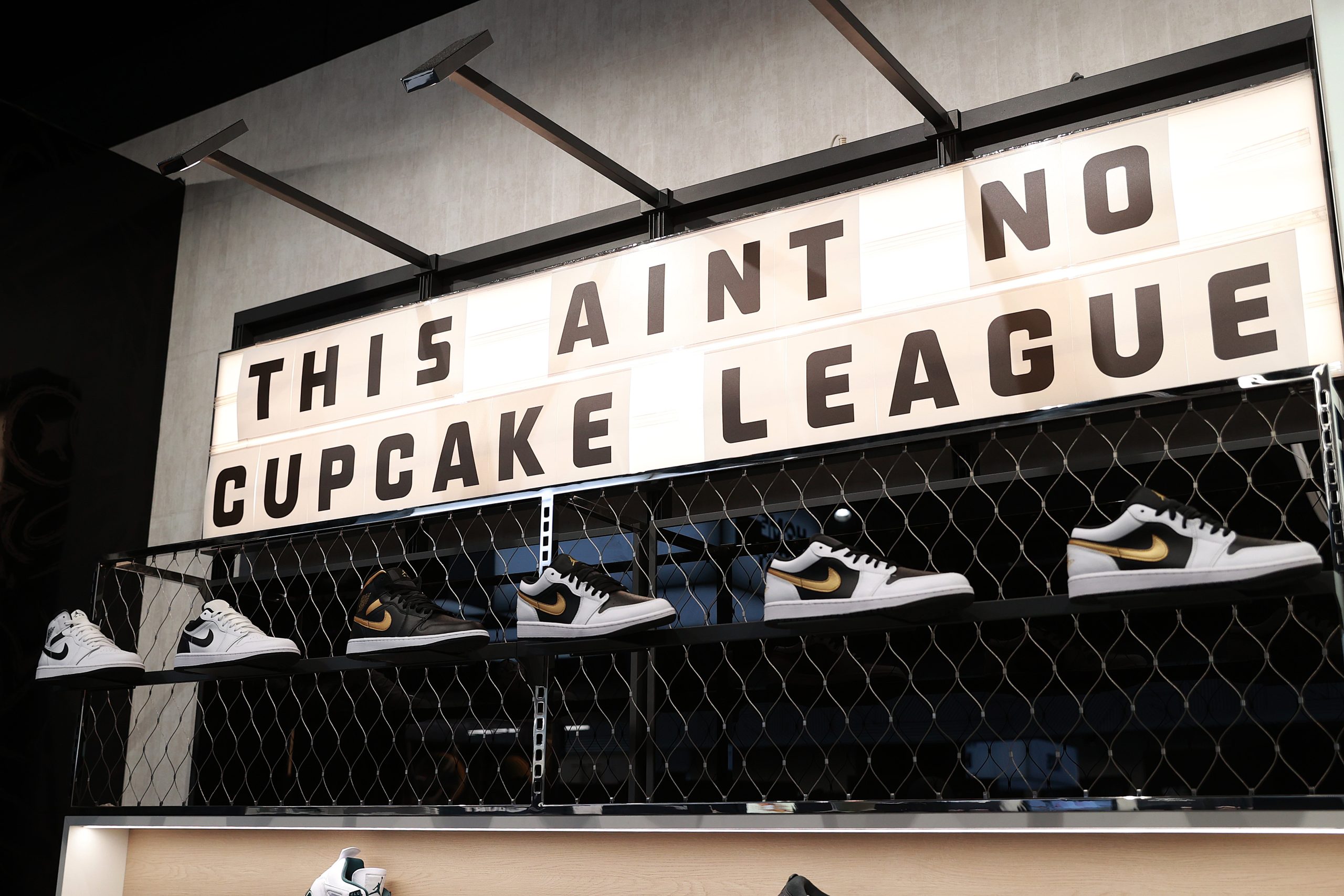From NBL MVP to Becoming a Renowned Broadcaster: the Legacy of Corey “Homicide” Williams
“They’re either gonna love me, or hate me. Either way, they’re all gonna tune in.”
Those were the exact words that Corey “Homicide” Williams said the day he called me in 2015 to let me know that he had just landed a TV broadcasting job in Australia’s National Basketball League.
The New York playground legend hadn’t even finished his playing career (played in Australia, Sweden, China, Germany, France, Lebanon and Iraq, among many other countries) when the NBL approached him to be a commentator for the league. Despite not having any previous experience as a broadcaster, Homicide’s larger-than-life personality was suited to be in front of a camera, an infectious energy that then General Manager of the NBL Jeremy Loeliger understood was missing from Aussie television screens.

I was working for ESPN Australia based in New York when Homicide rang me at my Queens apartment from Melbourne to tell me he’d just been made an offer by the NBL. In typical Homicide fashion, he’d already mapped out his 5-year plan for making the transition from the court to television and leaving his mark on the NBL.
He officially became a full-time media personality with the NBL prior to the 2017-18 season and it came as natural to him as Steph Curry pulling up from the logo. His opinions on topics, infused with a touch of his New York braggadocio, endeared him to the Australian public from the very jump.
He figured that to get the people going, you needed to be provocative.
Homicide interacted with fans—and haters—on social media. His weekly power rankings, which he posted on his Instagram page, became a motivational tool for players wanting to prove him wrong, or, in some cases, correct.
Once the league started gaining traction globally, he coined the now famous phrase, “this ain’t no cupcake league.” It let import players know that the NBL was to be taken seriously, and if you didn’t, you’d would be out of a job real quick.
As his career flourished, Homicide decided he wanted to do his own podcast, giving listeners an insight into his world beyond basketball and the NBL. He wanted a platform to voice his opinion on his life, basketball, music and culture. I was back in Australia by this time, and he reached out to me to co-host with him.
“There’s nobody else I wanna do this with, b,” he said.

When it came time for us to record the first episode of “UPFRONT with Corey Williams,” he hammered home the point that this was a joint venture. He didn’t want me to take a back seat, even to him.
“I want the people to know your story, too. This [show] won’t work if it’s just me,” he emphasized. Homicide never wanted the spotlight to himself. If he shined, you shined, too.
He wasn’t afraid to tell it like he saw it, and no player or coach was safe if they were underperforming. Even as he battled cancer, he was still unafraid to speak his mind on our podcast, calling out Melbourne United head coach Dean Vickerman during the 2024 NBL Grand Final series.
He connected with Australians because he was unashamedly himself. His love for the game, and desire to see the NBL grow, shone through. Attending NBL games with him meant at least a thirty-minute detour before you could get to your seat, as fans stopped and asked him for selfies.

He galvanized NBL fans, and in the end, even the ones who may have hated from a far can’t deny that the NBL was better for having had him champion it.
A legend of the game, on and off the court, and across opposite ends of the hemispheres.
Photos courtesy of Nick Metallinos and Getty Images.